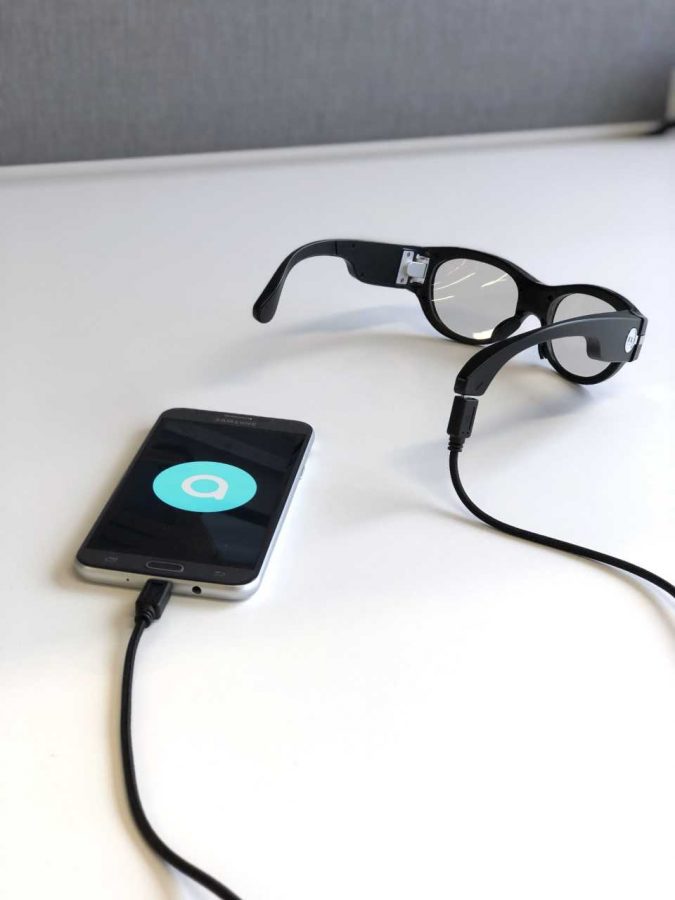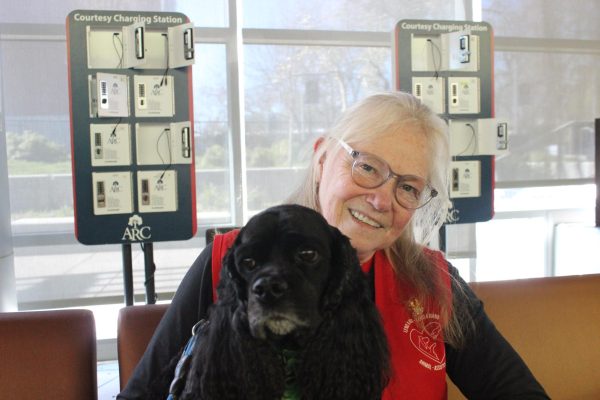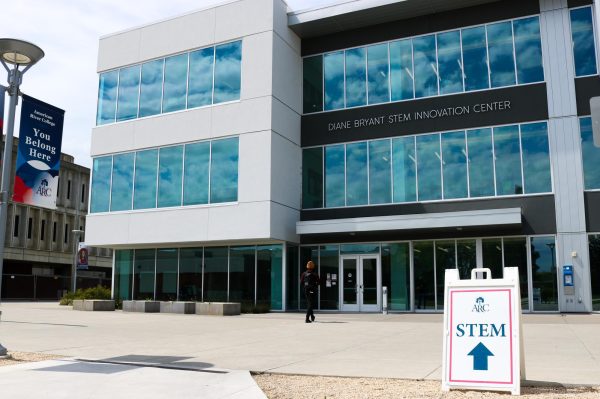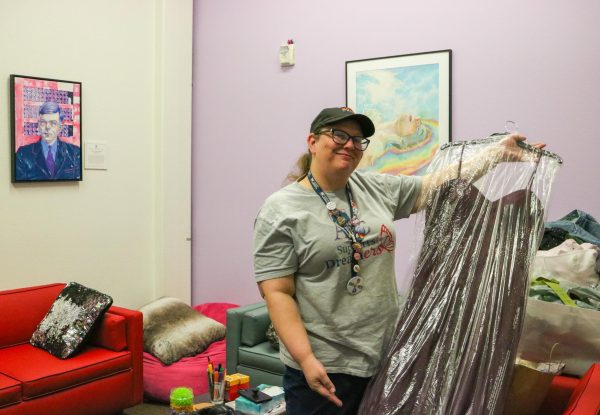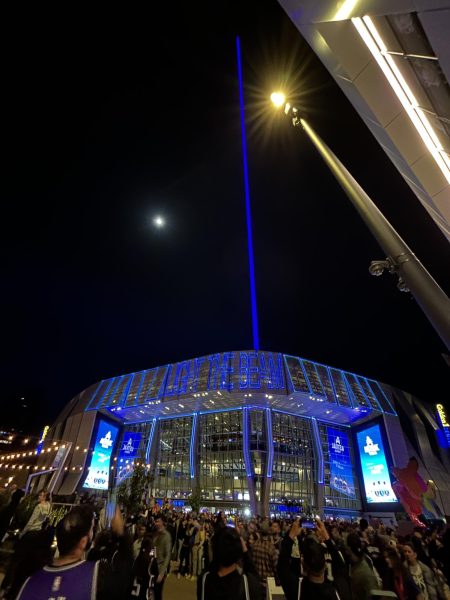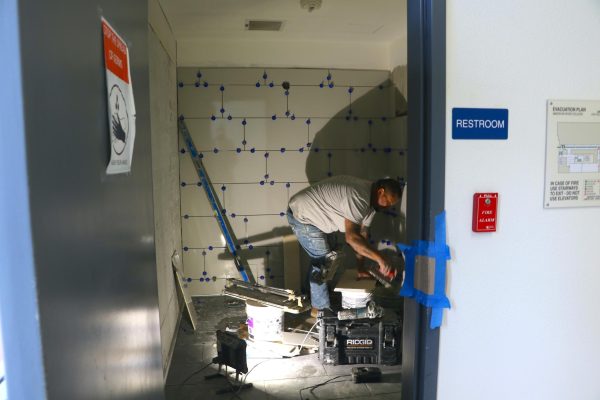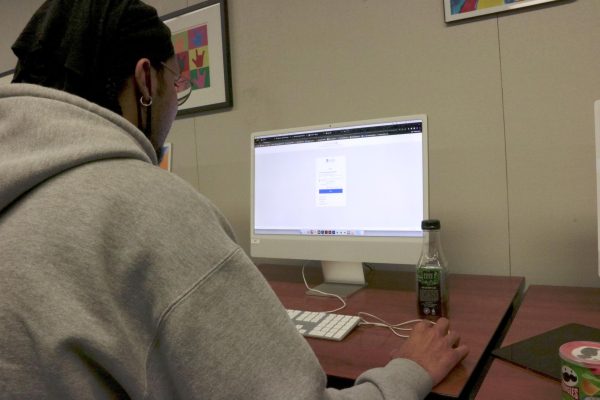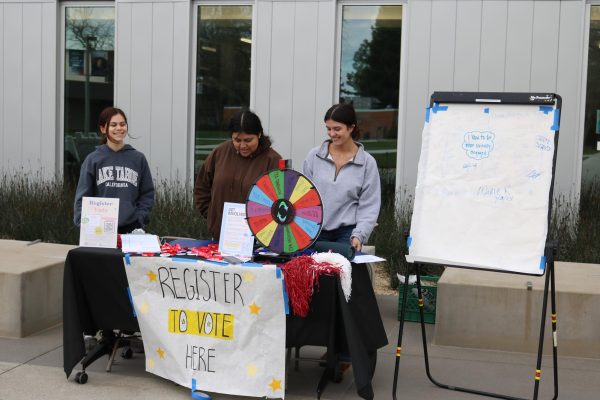Marketing club persists to bring revolutionary glasses tech to stores to help the visually impaired navigate public spaces
AIRA glasses project put on hold during shutdown
The American Marketing Association club at American River College was in the early research development stages of a marketing campaign for Artificial Intelligence Remote Access (AIRA) glasses before the coronavirus shutdown.
AIRA is a company focused on assisting people who are visually impaired.
Now, the entire project has been put on hold until further notice.
The AMA planned to meet with corporate executives from Albertsons, a large grocery store holding company that owns 16 other chains, including Safeway.
Tiffany Manosh, a business and computer science lab technician at ARC, obtained a $15,000 grant after teaming with the AMA in an effort to bring the AIRA glasses to the community college and make it one of the AIRA accessible locations.
When users put the glasses on, they are then connected to an agent who navigates them around the space. These agents are available 24/7.
“During the past year several students and a staff member [have] utilized AIRA while on American River College’s campus,” Manosh said. “They used AIRA to navigate the campus while under construction, find open seats in a classroom, initial the attendance sheet, find friends in the cafeteria, read information on a computer that screen reader software cannot handle and helped a staff member fly a drone.”
Since the college’s closure, the AMA meets once a week via Zoom. They are currently a group of fewer than 10 members who do marketing consulting for ARC events and programs.
They are overseen by both Ron Morris, faculty adviser, and Mark Sheppard, AMA president.
Additionally, Morris teaches marketing classes at ARC, while Sheppard is the director of public relations on the ARC Clubs and Events Board.
“Our vision is to provide adequate services to visually challenged or blind individuals in every college, grocery store and basically anywhere we can,” Sheppard said.
The current working marketing campaign, authored by AMA Vice President Ivy Tran, highlights the daily struggles blind or low-vision people face.
Tran said an untrained person might attempt to assist a visually-impaired person by telling them to reach for an object that is “right there,” but the blind wouldn’t know where “right there” is.
“Nobody expects an elderly person to have a ton of energy, so why expect a blind person to see what you’re referring to?” Tran said. “I was able to better understand the need for this product when I personally witnessed a customer at my local grocery store left in the middle of an aisle by the worker that was supposed to provide assistance.”
According to Tran, it is not in a grocery store employee’s job description to guide the blind and he argues they should be free to focus on their job.
She says the glasses will produce a more “adequate” shopping experience for the customer.
ARC is not the only school that will receive the AIRA glasses; with Manosh’s grant, all four colleges in the Los Rios Community College District will be AIRA-accessible locations.

